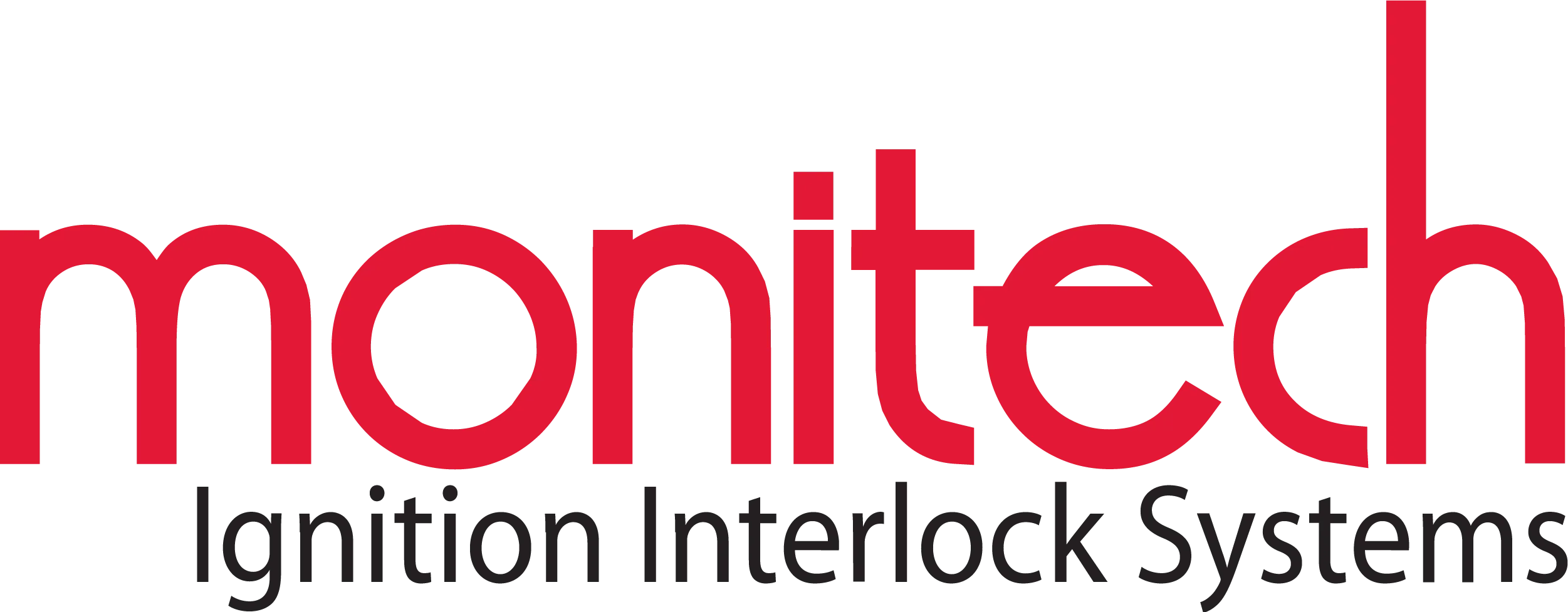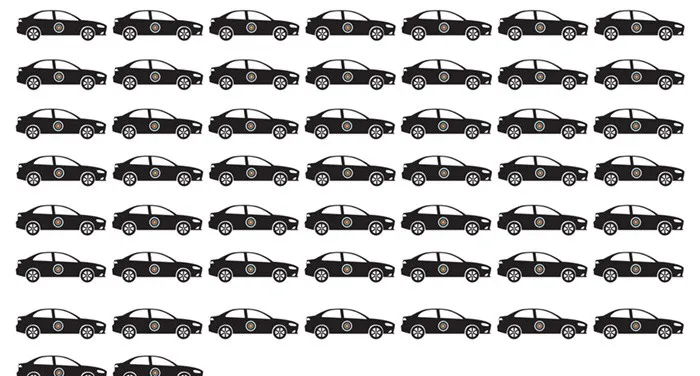This story doesn’t take place in the U.S., or even North America. It’s from Prague in the Czech Republic, where recently a police officer had too much to drink and got behind the wheel of a Jeep Cherokee. Before he was apprehended by colleagues, he managed to crash his SUV into 51 parked cars.
Clearly we have learned something:
- This is a world’s record of some kind.
- Jeep Cherokees are used by Czech Police – who knew?
More telling is the fact that the Czech Republic has a zero alcohol tolerance policy for driving: the permissible blood alcohol concentration (BAC) level for drivers is 0.0. Yet this policy does not bring drunk driving to a standstill.
The driver in this case had a history of impaired driving. Perhaps, if an ignition interlock had been ordered the first time around, this incident would not have happened. An ignition interlock, or car breathalyzer, prevents a vehicle from starting if the driver has been drinking. No other anti-drunk-driving measure can actually prevent a driver from driving under the influence.
While our focus is on the US, it’s not a bad idea to look at what other countries are doing to make the roads safer. Europe had a very serious drunk driving problem, and authorities have tackled it over the years with success. One of the ways was random breath testing, which has helped bring down the alcohol-related road fatality rate all over Europe. Europe generally has lower BAC limits for drivers as well. Though as we have seen, even lowering the limit to zero does not stop a driver who is determined to drink and drive. Only an ignition interlock can do that. In fact, a 2012 report by the European Transport Safety Council recommended ignition interlocks for offenders as a way to reduce recidivism among drunk drivers in the Czech Republic.
So what we learn is that there’s no one solution to the problem of drunk driving. Lower limits help attune the public to the need to watch their drinking; ignition interlocks prevent offenders from reoffending. Awareness and education help make drunk driving less fashionable. Zero alcohol tolerance is not a magic bullet.
Many solutions are needed because alcohol is a strong drug which leads to bad judgement. As 51 car owners in Prague can now testify.

